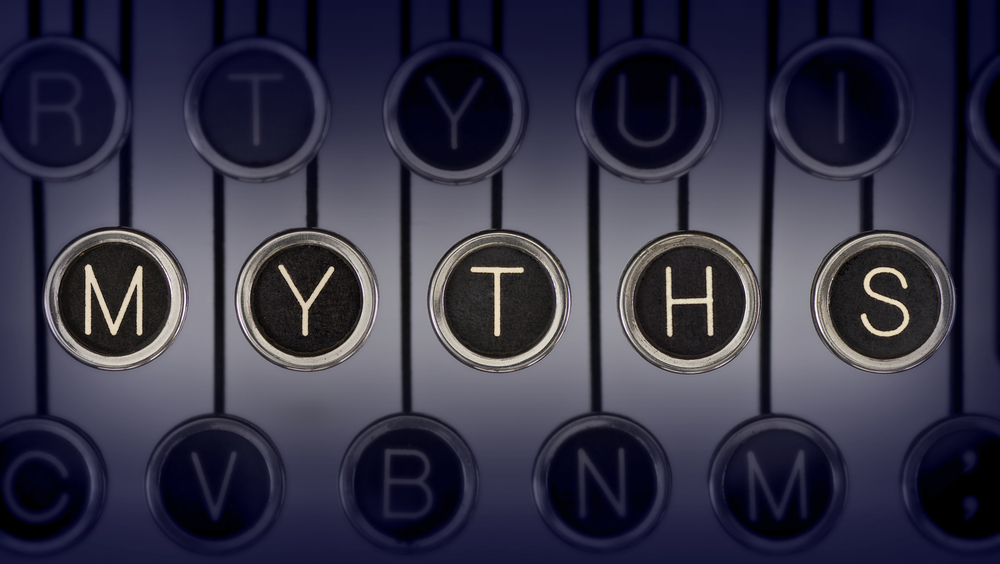In the wake of self-publishing’s meteoric rise in popularity over the last few years, there have been plenty of misunderstandings about the industry.
Let’s tackle five of the most common myths about self-publishing.
Myth #1: Self-publishing is for people who have no talent
What do Virginia Woolf, Ernest Hemingway, and Jane Austen all have in common?
Okay, so there are a lot of things: bestselling fiction works, critical acclaim, really cool names. But one you may not have known is that they all decided to self-publish at one point or another. Each had their own reason: Hemingway was an unknown author, Woolf wanted more creative control, Austen’s publisher was taking too long to go to print. For more on famous authors who self-published, check out this blog post.
Myth #2: Self published = low quality production
It is definitely possible for a writer to proofread their own book, or to make their own cover that showcases their rudimentary photoshop skills. Some authors choose to go this route, and although it can save some money, most of these books are of a noticeably lower quality than their traditionally published counterparts.
However, many indie presses release books that are indistinguishable from anything out of Penguin Random House, minus the cute orange logo. Just because a book is self-published doesn’t mean that it or the team that assembled it are not professionals.
Myth #3: Self-publishing presses have no standards
Although anyone with an internet connection and a few bucks can publish an ebook, often indie presses only accept a fraction of the pitches they receive.
That’s one of the key differences between a vanity press and an indie press. Although the former accepts almost any project, a chunk of the self-publishing industry is judicious about the works it puts out. Some indie presses specialize in certain genres, while some are just passionate about putting out quality pieces of literature.
Myth #4: Self-published authors don’t make any money
Let’s be honest: writing a book is never going to be a safe bet for a lucrative career, whether you are traditionally or independently published. While it’s true that, on average, traditionally published authors make more than self-published authors, the numbers are closer than you might think.
How successful you are in either traditional or indie also depends on your subject matter and your marketing strengths. Speakers, for instance, are pretty much guaranteed to make more by going indie. Some fiction authors, like Donna Fasano, have even switched from traditional to indie publishing and made more money, which leads us into our next myth…
Myth #5: Once a self-published author, always a self-published author
Deciding to self-publish your book doesn’t mean that you’ll always be only an indie author. Traditional publishers will often give special attention to self-published authors when they’re looking for new talent. Just don’t count on selling your self-published book to a traditional publisher; this almost never happens, and when it does, it’s only when you’ve already sold tens of thousands of copies on your own.
By the same token, some authors have switched from traditional publishing to indie, whether it is for more creative control or a higher cut of the profits.
Are there any other myths about self-publishing that you’d like to bust? Sound off in the comments below!


That self-publishing and indie publishing are the same. I had TONS of help when I independently published, so I almost never use those words interchangeably!
Excellent post!
Is there any chance you’ll do one based on the flip side of the coin?
About traditional publishing! Sure! Look for it next week!
That Indie publishing is the last resort.